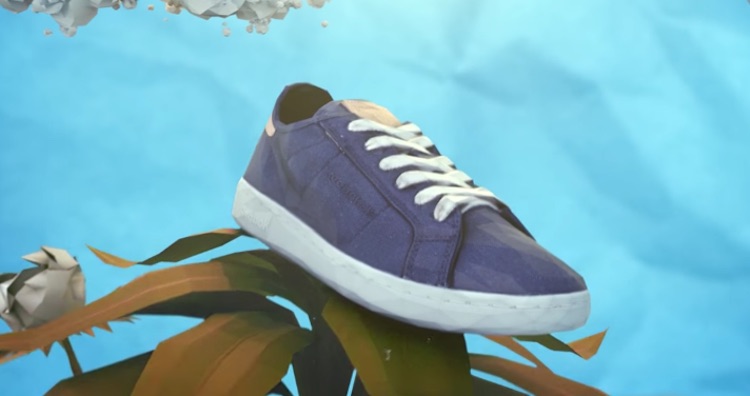
The footwear brand is doubling down on its sustainability initiatives with upcoming styles made from mycelium (the fast-growing root systems of mushrooms) instead of cow hides.

Adidas Futurecraft Loop performance running shoes can be returned to Adidas, where they will be ground up to make more shoes, again and again. The company is aiming to be using only recycled polyester in all of their products by 2024.

Reebok officially launched a new line of sneaker this week, which is “made from things that grow”, primarily corn and cotton.

The Agraloop Bio-Refinery is capable of turning food waste such as banana peels, pineapple leaves and hemp stalks into natural fiber that can be woven into clothing.

Used gear is becoming a hot new commodity for many major outdoor clothing companies. It is an interesting shift that reflects Millennials' preference for environmentally friendly products.

Danish clothing company Organic Basics is creating sustainable fashion by infusing all of their clothing with silver so that consumers would never have to wash or wear out their clothing.

Dubbed Mycelium, the fabric is far more sustainable than animal leather. When compared to sourcing leather from cattle, growing mycelium in a lab is a renewable and low-impact process.

Animal fur as a status symbol takes another blow as enlightened fashion houses trade fox for faux.

British brand created graphene-enhanced rubber for their series of shoes that are now 50 % stronger and 50 % more resistant to wear.

Stella McCartney has partnered with plastic recycling company Parley for the Oceans to create new animal-free bags, shoes, and outerwear to reduce waste.

These slick new kicks will be the first pair of shoes made entirely out of compostable plant-based materials.